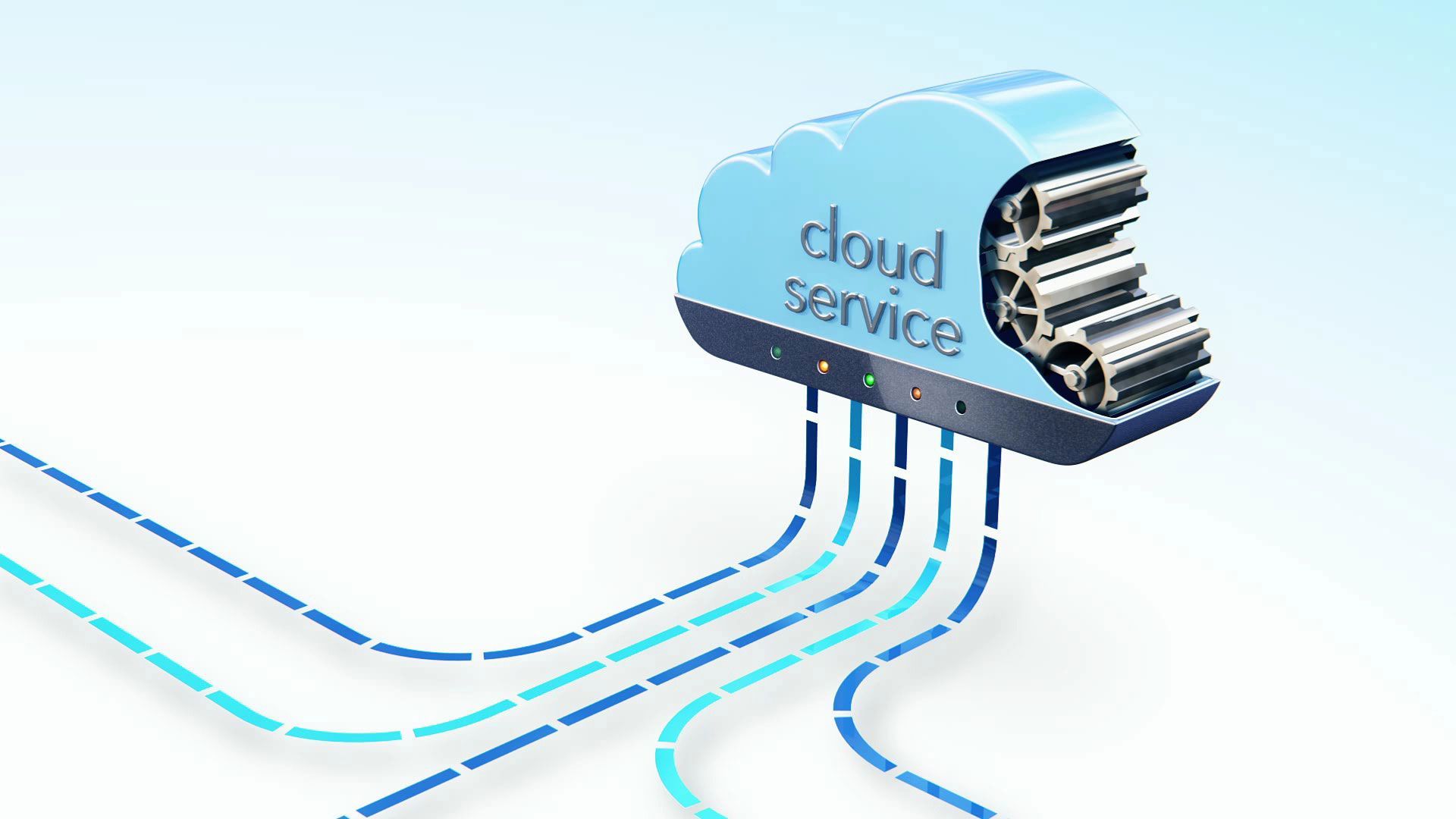Demystifying Cloud Computing
Demystifying Cloud Computing: Advantages For Modern Businesses

Let’s unravel the intricacies of cloud computing - a technology that has revolutionized the way businesses operate. The goal is to educate and empower you with knowledge, showcasing why cloud computing is more than just an IT buzzword.
What Is Cloud Computing?
At its core, cloud computing is the delivery of various services through the Internet. These resources include tools and applications like data storage, servers, databases, networking, and software. Instead of keeping files on a proprietary hard drive or local storage device, cloud-based storage makes it possible to save them to a remote database. As long as an electronic device has access to the web, it has access to the data and the software programs to run it.
The Shift to Cloud Computing
The transition to cloud computing is driven by its numerous benefits. Let’s explore these advantages that are changing the business landscape:
1. Cost Efficiency
One of the most significant advantages of cloud computing is the cost savings it offers. With cloud computing, businesses can save substantial capital costs with zero in-house server storage and application requirements. The lack of on-premises infrastructure also eliminates associated operational costs like power, air conditioning, and administration.
2. Scalability
Different companies have different IT needs – a large enterprise of 1000+ employees won't have the same IT requirements as a start-up. Cloud computing can accommodate these varying needs. With the flexibility of cloud services, businesses can choose to scale up or down their IT operations and storage needs as and when required.
3. Business Continuity
Protecting data and systems is an essential part of business continuity planning. Whether you experience a natural disaster, power failure, or other crisis, having your data stored in the cloud ensures it is backed up and protected in a secure and safe location. This helps in minimizing downtime and loss of productivity.
4. Collaboration Efficiency
Cloud computing enables better collaboration by allowing dispersed groups of people to meet virtually and easily share information in real-time and via shared storage. This capability can reduce time-to-market and improve product development and customer service.
5. Flexibility of Work Practices
Cloud computing allows employees to be more flexible in their work practices. For example, you have the ability to access data from home, while away on holiday, or really anywhere you have an internet connection. If you need access to your data while you are off-site, you can connect to your virtual office, quickly and easily.
How HCS Technical Services Can Help
At HCS Technical Services, we are not just service providers; we are pioneers in the IT industry. Our team is composed of seasoned experts who have deep insights into the evolving world of technology, particularly cloud computing.
With years of experience under our belt, we have helped various businesses transition smoothly to cloud-based solutions. We understand that each business has unique needs, and we tailor our services to meet these specific requirements.
Our approach is not just about providing a service; it’s about building a partnership. We believe in creating relationships based on trust and reliability. Our clients trust us for our transparent practices, consistent support, and a clear understanding of the intricacies of cloud computing.
HCS Technical Services











